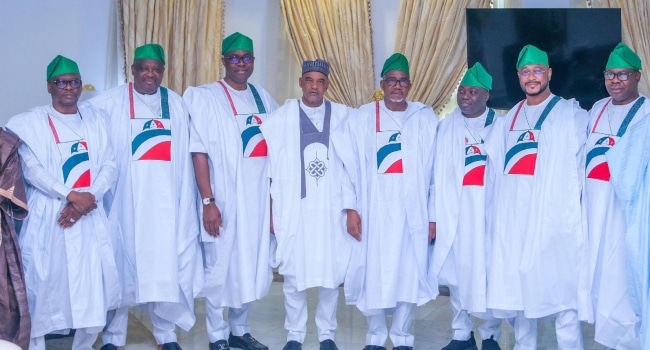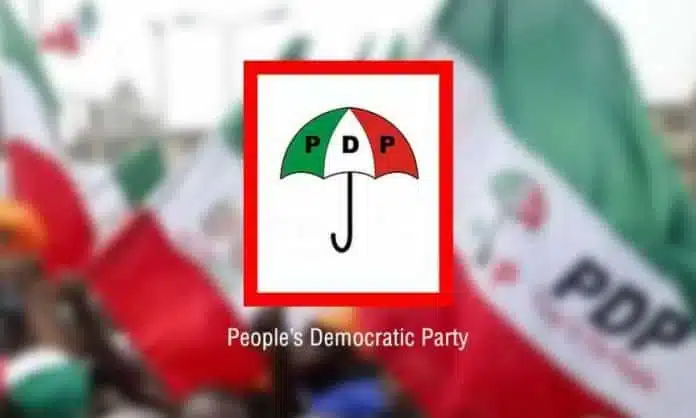ARTICLE AD
The Dangote Refinery says it sells petrol for ship deliveries at N960 per litre and N990 per litre for truck supplies.
This as the firm said that any PMS that is cheaper than what it is offering that products a substandard product.
This was disclosed in a statement by the refinery’s Group Chief Branding and Communications Officer, Anthony Chiejina, on Sunday.
“Post deregulation, NNPC set the pace by selling PMS to domestic marketers at N971 per litre for sale into ships and at N990 for sale into trucks.
“This set the benchmark for our pricing, and we have even gone lower to sell at N960 per litre for sale into ships while maintaining N990 per litre for sale into trucks,” the statement read.
This move comes amid claims by fuel marketers that imported petrol can be sold at cheaper rates.
Addressing allegations from the oil marketers that imported fuel is priced lower than Dangote’s offerings, the company dismissed the claims, suggesting that any cheaper imports are likely substandard.
“We benchmark our prices against international standards.
“If anyone claims they can land PMS at a price cheaper than ours, then they are likely importing substandard products and working with international traders to dump low-quality fuel in the country, without considering the health of Nigerians or the longevity of their vehicles,” it added.
It further stated that the regulatory agency, the Nigerian Midstream and Downstream Petroleum Regulatory Authority, lacks the laboratory facilities to properly assess imported fuel quality, potentially allowing substandard products to enter the market unchecked.
The refinery defended its pricing as being in line with global standards, emphasising the need for Nigeria to support its local refining sector.
“Countries worldwide protect their domestic industries to promote job creation and economic growth,” the statement read, citing the examples of the U.S. and Europe imposing tariffs on electric vehicles and microchips to protect their industries.
The company reiterated that its pricing strategy is both competitive and aimed at ensuring the availability of high-quality, Nigerian-refined petrol.
“We commenced sales at these rates in good faith, even without full clarity on the exchange rate we would use to pay for crude purchases,” it noted.

 2 weeks ago
22
2 weeks ago
22 

